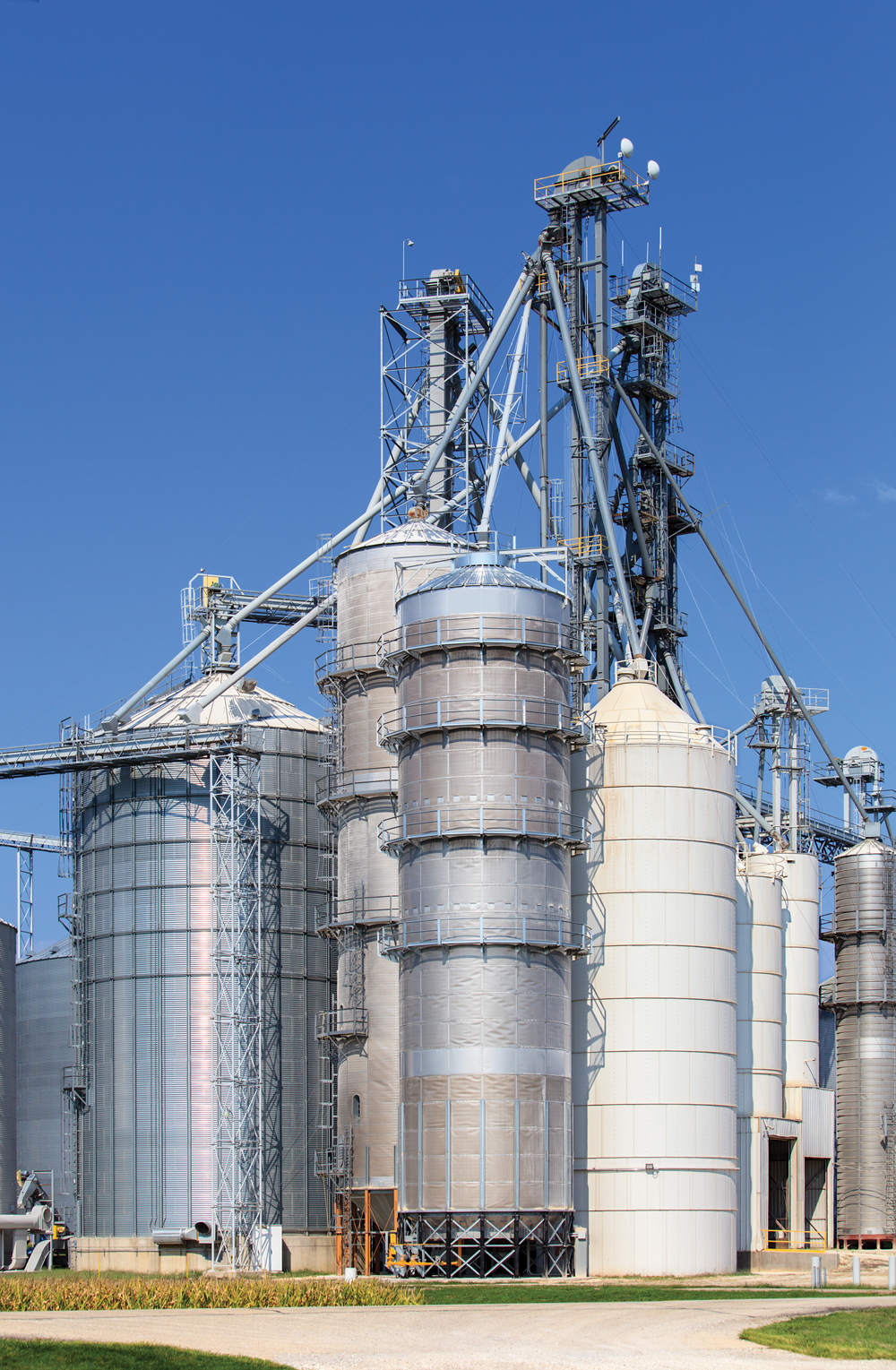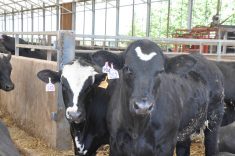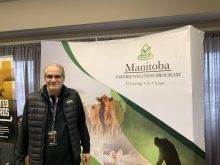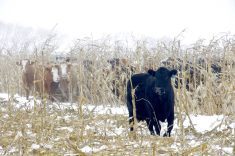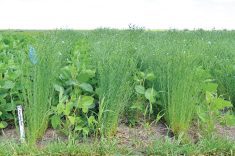Options to fuel farmers’ grain dryers are limited and grain drying without fossil fuels is still years away.
That’s the message the Senate’s standing committee on agriculture and forestry heard as expert witnesses were called to give their two cents on the state of grain drying technology.
Why it matters: Bill C-234, which would exempt propane and natural gas for grain drying and barn heating from the carbon tax, was still mired in the Senate in the second week of October, despite lobby efforts from farm groups.
Read Also
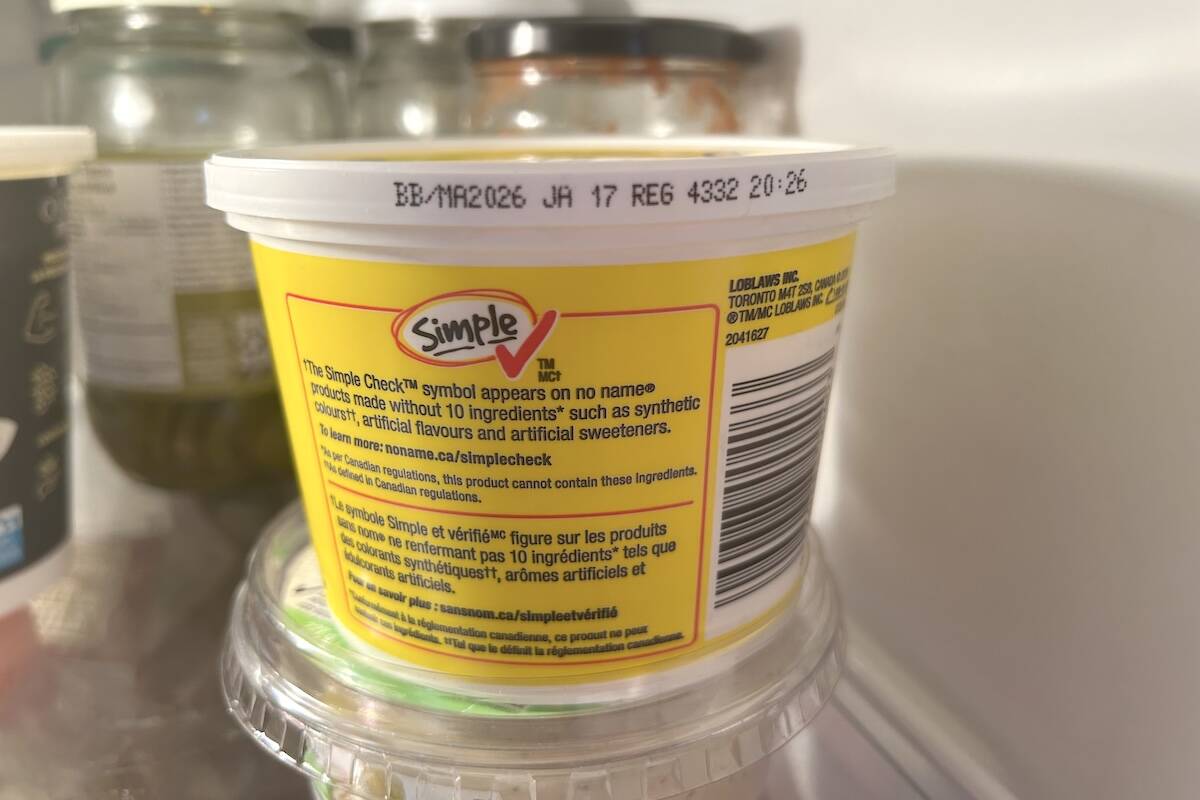
Best before doesn’t mean bad after
Best before dates are not expiry dates, and the confusion often leads to plenty of food waste.
The testimony was in line with what farm groups have argued in their push to see Bill C-234 made into law. The bill has already passed through the House of Commons and two readings in the Senate and has been under consideration by the Senate’s ag committee since mid-September.
“This is large infrastructure that takes a long time just to build, test, build again,” said William David Lubitz.
He is a University of Guelph engineering professor with a focus in renewable energy technologies, including grain drying projects. He joined Chandra Singh, applied research chair in agricultural engineering and technology at Lethbridge College, in the witness chairs during the committee’s fifth meeting regarding the bill.
Earlier in October, proponents told the committee that farmers have no choice but to use machinery fueled by natural gas and propane to dry their grain, due to the lack of viable alternatives. Senators questioned whether removing the carbon price from fuels would reduce incentive for innovation.
But proponents argued that a sunset clause built into the bill, which would require a review after eight years to see if the exemption was still warranted, would provide a deadline for industry and spark that innovation.
Lubitz told the committee that he had been involved in grain drying research for at least eight years, specifically looking at electricity-powered heat pumps to provide the conditioned air needed for a grain dryer.
Heat pumps give more heat per unit of electricity than other electric heating methods, Lubitz said. However, they’re most efficient when increasing temperatures by small amounts, limiting their application to low-temperature drying.
A prototype to work best within those restrictions is being developed, Lubitz said, but it will have less capacity compared to existing large-scale dryers. That being said, there are promising results, but it will be years before the technology is available at scale.
Lubitz’s team identified biomass or biofuel-powered dryers as the only other viable alternative to fossil fuels. These come with their own downsides, such as sourcing adequate fuel.
A biomass-powered dryer made by Triple Green Products in Manitoba has received media attention and some adoption in the last few years.
Singh described travelling throughout Alberta while surveying, testing and collecting data on different grain drying systems. His background also includes grain drying research in Australia.
Asked which alternative technologies are closest to being viable, Singh said biomass has been used in Asian countries, but those farms are much smaller.
“It doesn’t look like there’s anything ready, to me, that will be ready in the coming years given the volume that we’re talking about here,” he said.
Senators also asked the researchers how clean technology could be adopted.
“Part of the challenge is this is very long-lived infrastructure and very expensive and time-consuming to install,” Lubitz said.
He said farmers want to reduce energy use, but buying new dryers or upgrading equipment requires a lot of capital. If there was a way to provide funding or other supports, it might allow farmers and elevator operators to accelerate adoption, Lubitz said.
Singh concurred, adding that current incentives aren’t enough to make farmers buy new dryers or retrofit old ones.
He told the committee that he has seen drying technology run the gamut from the newest, most efficient technology to equipment that was 20 or 30 years old.
He said more funding and more focus on energy efficiency is needed, and farmers must be made aware of available supports.
“I feel that it has not been so much in discussion, except in 2019 when we had the problem,” Singh said, likely referring to 2019’s ‘harvest from hell’ when excess moisture led to an unprecedented number of unharvested acres in Manitoba and a surge in demand for grain drying.
“Everyone was struggling at that time.”
Asked if removing the carbon price would remove farmers’ incentive to innovate, Lubitz said fuel costs have historically been a price signal that drives the desire to reduce use.
At time of writing, the Senate committee planned to consider amendments to the bill before it returns to the chamber for a third reading.


